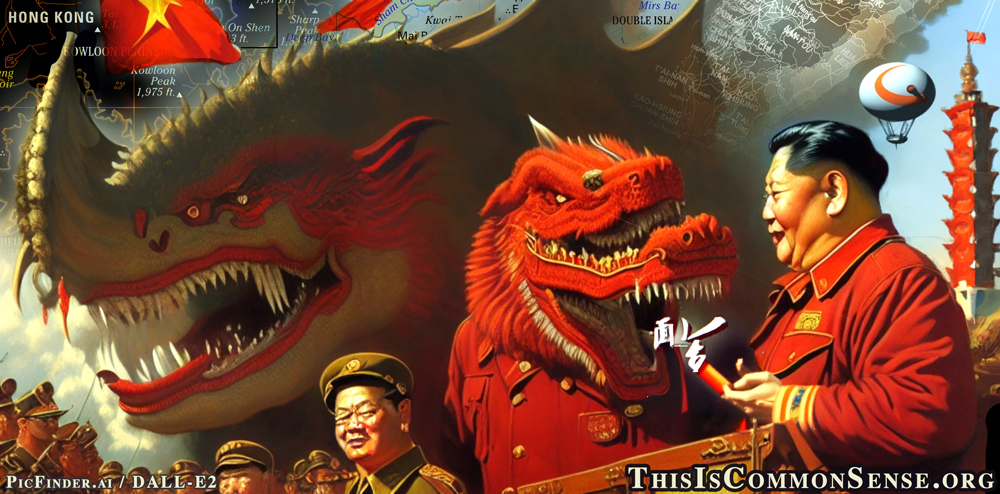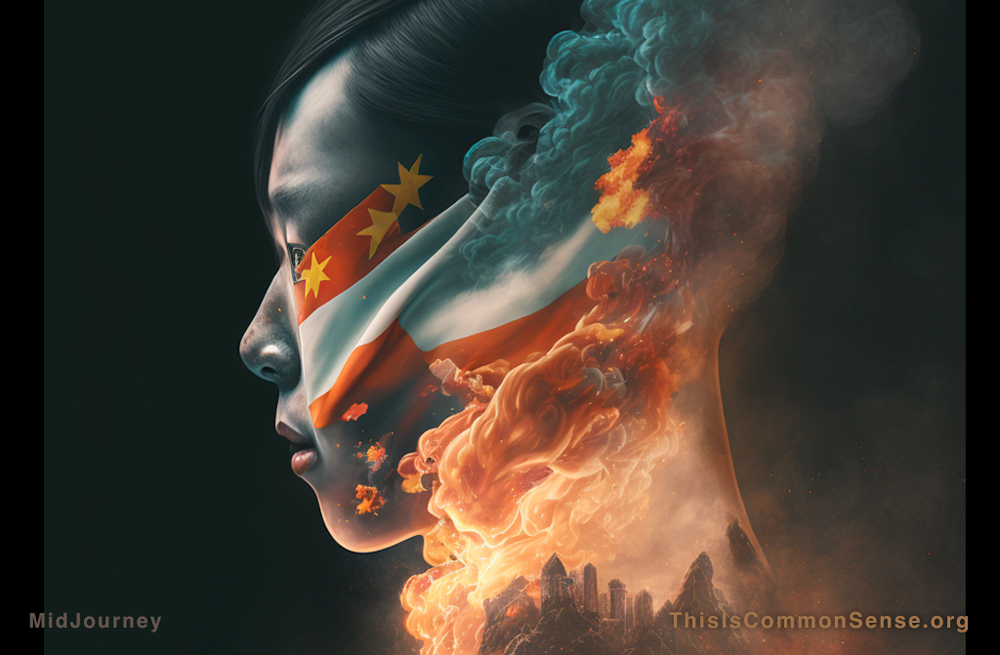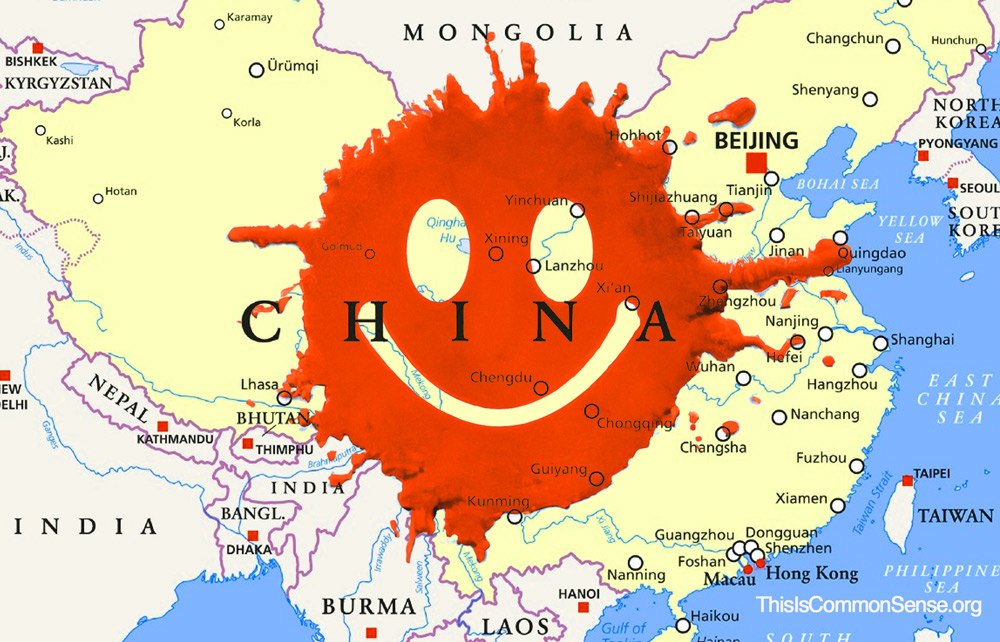The China problem is “not just a distant ‘over there’ problem,” Rep. Mike Gallagher (R-Wisc.) recently argued. “As the spy balloon incident as well as the illegal CCP police stations on American soil illustrate, it’s a ‘right here at home’ problem.”
It’s also a just-north-of-us problem. Canada is currently expelling a Chinese diplomat and dealing with the fallout over China’s interventions in Canadian politics, along with big financial gifts to a foundation for Prime Minister Justin Trudeau’s father.
An article in The Globe and Mail nonchalantly explained the reasons China is engaged in trying to control the speech of every one of the planet’s inhabitants. The Chinese Communist Party (CCP) has many international goals:
- “build acceptance abroad for its claims on Taiwan, a self-ruled island that it . . . reserves the right to annex by force.”
- “play down its conduct in Xinjiang, where the office of former UN Human Rights commissioner Michelle Bachelet last year said China has committed ‘serious human-rights violations.’”
- “generate support for a draconian 2020 national-security law to silence opposition and dissent in Hong Kong.”
- “quell foreign support for Tibet, a region China invaded and annexed more than 70 years ago, and to discourage opposition to Beijing’s militarization of the South China Sea and sweeping maritime claims in the region.”
Having committed a long list of crimes against humanity, the CCP understandably demands that everyone keep their mouths shut.
Rep. Gallagher believes the U.S. should improve “our deterrent posture across the Taiwan Strait” and communicate “in clear terms that we will not stand idly by while the CCP continues to increase its aggression internationally” — while President Biden has repeatedly pledged U.S. military support for Taiwan.
But for some reason, Biden has never discussed the prospect with the American public.
As if it weren’t our concern, too.
This is Common Sense. I’m Paul Jacob.
Illustration created with PicFinder.ai
—
See all recent commentary
(simplified and organized)





